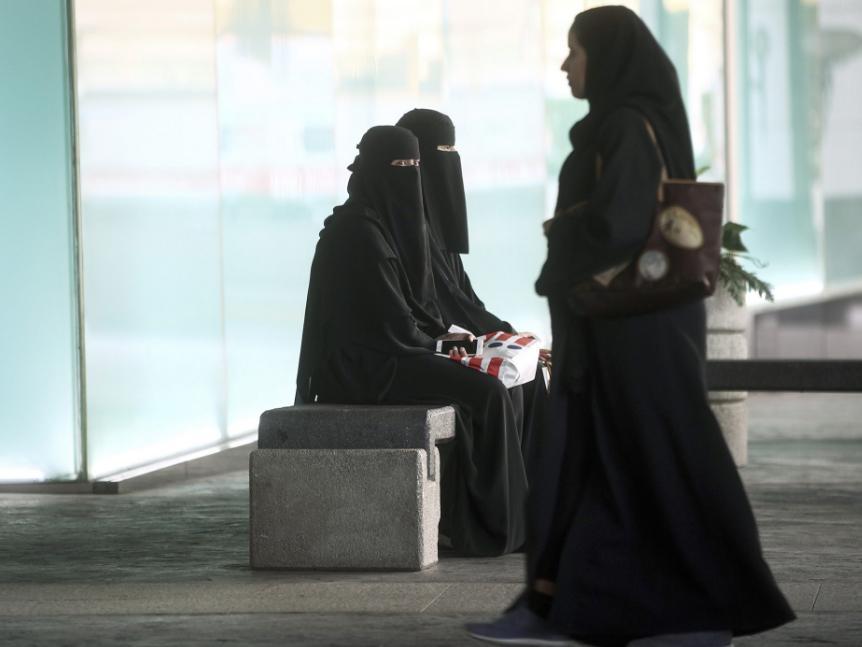Saudi women to be allowed into sports stadiums next year - but they must sit in the 'family section'
Females will be separated from the male-only segment

Saudi Arabia has formally announced it will allow women to enter sports stadiums as the Islamic kingdom inches toward easing rules on gender segregation — but they will be seated in the so-called family section, an area separate from the male-only crowd.
The General Sports Authority described the decision as one that will allow “families” into the stadiums from next year — a term authorities use to refer to the public spaces that accommodate women.
These “family” sections are for women who are out on their own or who are accompanied by a male relative.
Many restaurants and cafes, which often also have separate entrances for women, have similarly segregated seating arrangements.
The authority said the three major sports stadiums in the capital, Riyadh, and the cities of Jiddah and Dammam, will undergo renovations to accommodate families.
The decision comes after the Saudi public appeared to welcome a decision to allow women to drive for the first time next year. Reform is being driven by powerful Crown Prince Mohammad Bin Salman.
Many Saudis also responded enthusiastically when women were allowed into the Riyadh stadium for national day celebrations last month.
Economic forces are believed to be helping to drive change as the stadiums were built with hundreds of millions of dollars generated when oil prices were nearly double what they are now – and allowing women to enter effectively doubles the potential audience of the lavishly maintained venues.
The kingdom appears to be relaxing some of its ultra-conservative interpretation of Islamic law as part of its Vision 2030 plan for economic and social reform, which aims to boost female employment rates from 22 to 30 per cent.
Campaigners in the country have fought for years to overturn the oppressive guardianship system, where a male family member – usually the father, husband or brother – must give permission for a woman to study, travel or take part in other everyday activities.
Two years ago, a Saudi woman was arrested while attending a football game in Jiddah's al-Jawhara stadium, which opened to the public in 2014. Police were quoted in local media at the time as saying that security spotted her at the stadium “deliberately disguised” in trousers, a long-sleeve top, a hat and sunglasses to avoid detection.
The majority of women in Saudi Arabia cover their hair and face with a veil – although the law does not require face covering - and all women are required to wear an abaya, a loose black dress, in public.
Over the years, exceptions have been made for foreign women visiting the ultra-orthodox Kingdom. In 2015, an Australian female supporter of Western Sydney Wanderers soccer club was permitted to attend a match at Riyadh's main stadium and a group of American women travelling with members of the Congress watched a local club match, also in Riyadh.
Associated Press contributed to this report
Join our commenting forum
Join thought-provoking conversations, follow other Independent readers and see their replies
Comments